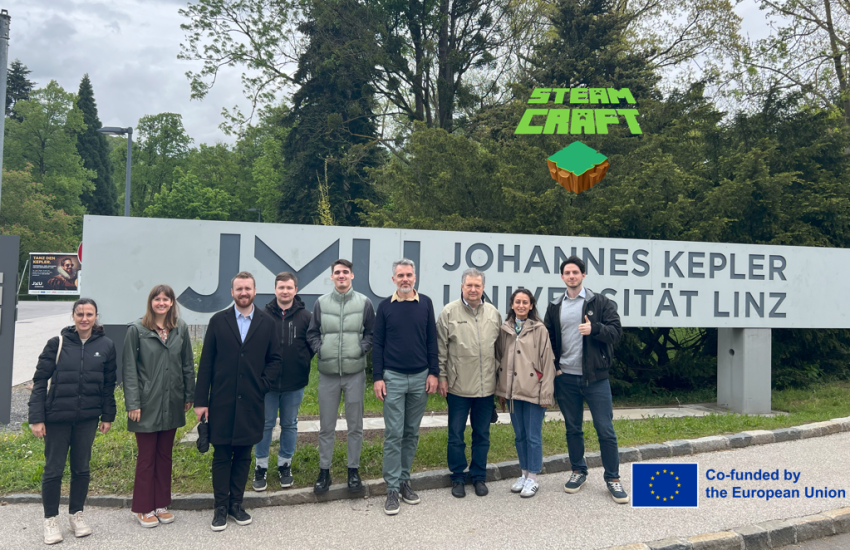Real Success Requires Smart Lobbying
Hands-on experiences of Hungarian technology platforms.
Aiming to support the establishment of the Ukrainian National Technology Platform on Advanced Materials within the project BILAT-UKRAINA, the Regional Centre for Information and Scientific Development (RCISD) targeted the collection of Hungarian experiences relating to the functioning of National Technology Platforms (NTPs), especially through the identification and exchange of good and bad practices.
Therefore a survey was elaborated and circulated by RCISD among all the Hungarian NTPs. 8 out of 22 platforms responded and filled in the questionnaire. Afterwards the respondents were invited to take part at the round-table discussion organized by RCISD on 25 November, 2013. Participants of the round-table discussion had an intense conversation on their own experiences and the evaluation of the questionnaire.
The main outcome of the discussions suggests that even though most technology platforms maintain continuous dialogue with the policy-makers of the relevant sector, participants highlighted that successful transfer of the important messages (including their needs and strategic views) hardly depends on personal factors on the political side. Therefore there is a special need for smart lobbying from their side to get real support from policy-makers.
Additionally, it is also important to note that half of the Hungarian NTPs has a vivid relations with the relevant European Technology Platforms. Through their direct and personal relations they are able to represent Hungarian interests, especially in case of a supportive governmental background. On the other hand, it is worth mentioning that the Hungarian Fishing Platform was established first in the sector in the whole continent. Since then 3 other national technology platforms were set up throughout Europe in this field.
The fact that the Hungarian NTPs managed to embrace a wide number of participants from the triple helix also proves to be a transferable lesson to the Ukrainian NTP. However, it has to be noted that some sectors have only tight linkages to the industrial sector either due to their newly emerged character (such as eVITA) or due to the lack of industrial capacities in the relevant field (sheep breeding). Nevertheless, the representative of MANUFUTURE underlined that the involvement of big companies is of utmost importance since the main purpose of SMEs is investment instead of R&D especially in the economic crisis.
As regards the participation of the members of the NTPs in framework programmes, it is considered indecisive; in the meantime NTPs takes important efforts to help their members by disseminating information, supporting networking, consulting on proposal writing, sharing best practices, etc. According to the participants there are important overlaps between the research plans and Horizon 2020; however, so far the preparation for the new framework programme is limited to the dissemination of information among their members.
Last but not least self-sustainability of NTPs remains an issue to be solved. Membership fees would represent an additional financial burden for the members, whereas continuous tendering means financial instability and superfluous administrative tasks. Following the establishment of NTPs, their functioning is secured by the voluntary work of the members, as well, as the minimal infrastructural background provided by the host institutions.
Detailed results of the questionnaire and the round-table discussion will be elaborated in a report soon.


